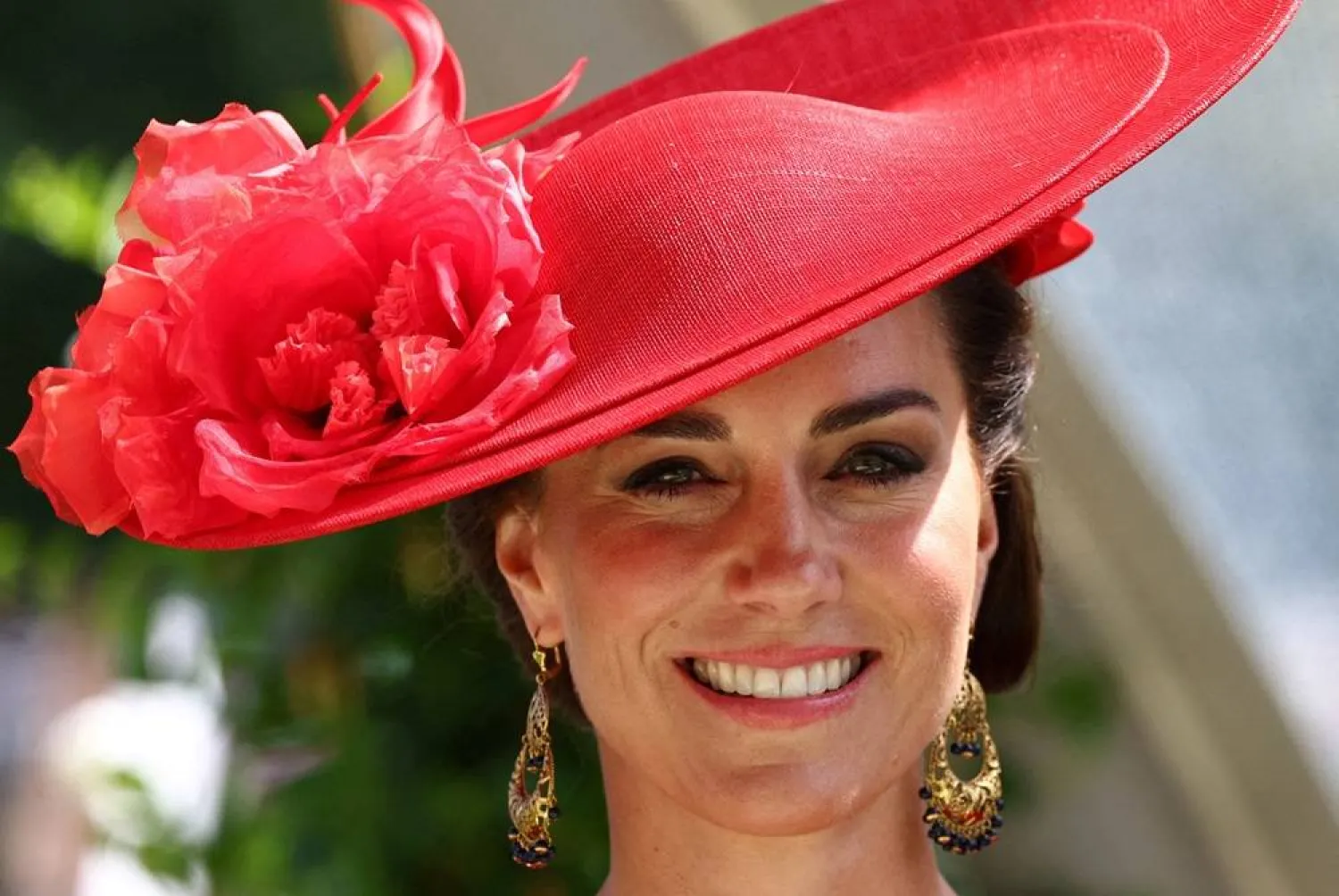Friday's shock announcement from Kate, Britain's Princess of Wales, of her cancer diagnosis dominated the nation's newspaper front pages on Saturday, with messages of support combined with criticism of those who had speculated about her health.
Kate said on Friday she was undergoing preventative chemotherapy after tests taken after she had major abdominal surgery in January revealed that cancer had been present.
Kate, the 42-year-old wife of heir to the throne Prince William, called the cancer discovery a "huge shock". The news comes as a fresh health blow to the British royal family: King Charles is also undergoing treatment for cancer.
All of Saturday's newspapers featured Kate's news, accompanied by a photograph of the princess delivering her video message, which was filmed at Windsor on Wednesday.
"KATE, YOU ARE NOT ALONE," splashed The Sun tabloid, saying she received a "huge outpouring of love and support", while rival the Daily Mirror went with "KATE REVEALS CANCER SHOCK" and shared her remarks about how she had to explain the news to her children George, Charlotte and Louis.
The Daily Telegraph quoted the princess, who is still popularly known by her maiden name Kate Middleton, as saying: "Cancer came as huge shock", but noted she said she is "going to be OK".
The Daily Mail rounded on those who have speculated in recent weeks on her health, saying: "How do all those vile online trolls feel now?"
On Friday, messages of support poured in for Kate, including from King Charles, Prince Harry, Prime Minister Rishi Sunak, Archbishop of Canterbury Justin Welby and US President Joe Biden.
Sunak said Kate had "shown tremendous bravery" with her statement, adding she "has been unfairly treated by certain sections of the media around the world and on social media."
Kate's diagnosis was also big news internationally.
"Catherine's Cancer Diagnosis Puts UK Royals on Even More Uncertain Terrain," said the New York Times, noting that the grave health concerns of both the king and Kate are stretching an already slimmed down monarchy.
Charles, who took the throne in September 2022 after the death of his mother Queen Elizabeth, underwent a corrective procedure for an enlarged prostate at the same hospital as Kate in January.
Buckingham Palace then revealed in February that the 75-year-old king was to have treatment for cancer, meaning he has had to postpone his public royal duties.









